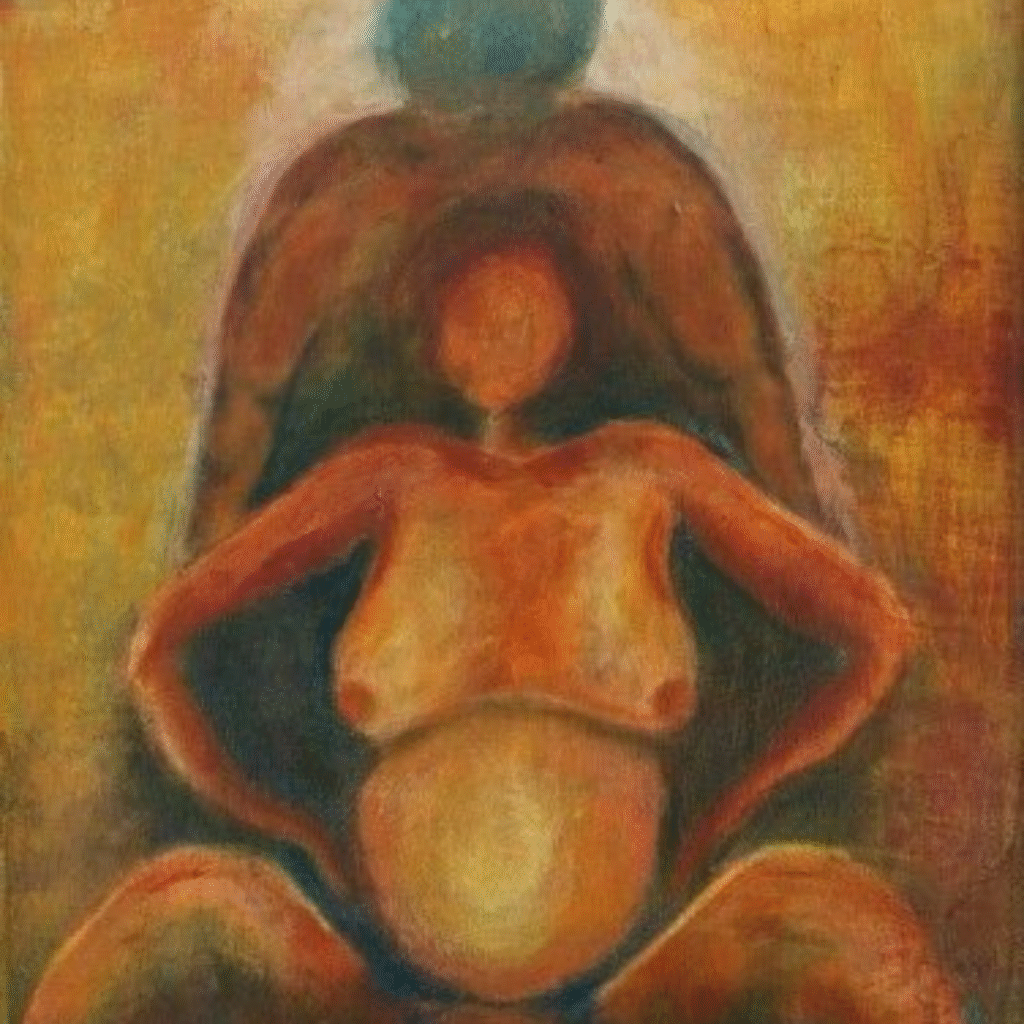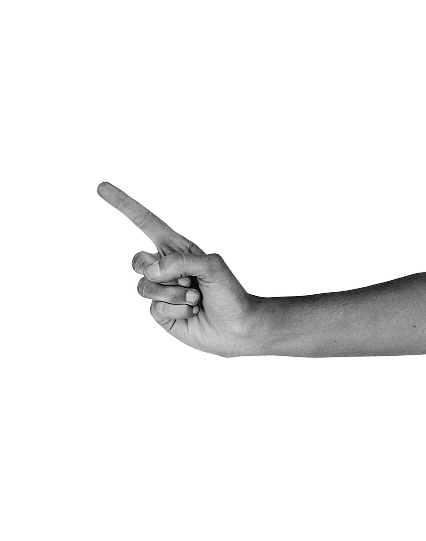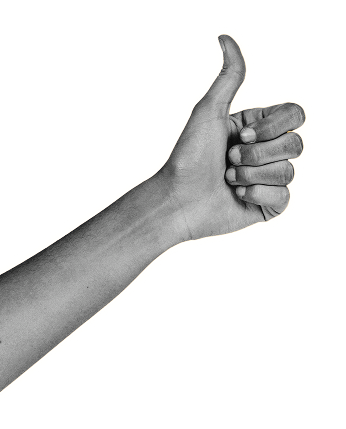
In the sacred space where life begins, birth has always been more than a biological process; it is a deeply spiritual and cultural event. Across Africa and Indigenous communities, birthkeeping rituals have long been an integral part of the reproductive experience, with ancestral knowledge passed down through generations. These practices, rooted in the wisdom of elders, nature, and the divine, are making a powerful resurgence in modern doula and midwifery work. Spiritual birthkeeping not only embraces the body’s physical needs during pregnancy and birth but also nurtures the emotional, mental, and spiritual well-being of the birthing person, honoring their connection to ancestors, the land, and sacred forces.
For centuries, Indigenous and African communities have developed systems of care that centered on the holistic health of birthing people. This wisdom was largely erased by colonization and the dominance of Western medical practices. Yet, the resilience of these traditions is evident today as doulas and midwives reintroduce and reclaim their cultural and spiritual significance.
Midwifery and doula care within African and Indigenous communities was not merely a medical profession; it was a spiritual calling. In many traditions, birth was seen as a communal event, where the entire village or extended family played an active role in the birthing process. Birthkeepers were trusted individuals, often older women or elders, who not only provided physical assistance but also guided the birthing person through spiritual rituals designed to ensure a safe and transformative birth experience.
The historical significance of Black doulas and midwives emphasizes how midwives have always been seen as gatekeepers between the physical world and the spiritual realms. These traditions emphasized rituals such as bathing in sacred herbs, using ancestral songs, prayers, and even birthstones to ensure the safety and well-being of the birthing person. These practices grounded the birthing experience in spirituality, affirming that birth was an act of creation, not just a medical procedure.
Today, the role of the doula and midwife has expanded beyond physical care to address the emotional and spiritual needs of the birthing person. A World Health Organization report on traditional medicine highlighted that ancient practices are now being integrated into modern healthcare systems. As mainstream medical systems recognize the importance of incorporating cultural practices and holistic healing, many Black and Indigenous birth workers intentionally integrate ancestral rituals into their care models. These rituals, which once guided and protected the birth process, are now being revived to reclaim a sense of power and connection to history.
The rise of Indigenous doulas shows how birth workers are rediscovering and applying traditional healing practices, such as the use of sacred plants, prayers, and ceremonies that connect birthing people to the Earth and their ancestors. Through these practices, birth becomes a sacred, community-centered experience rather than a medicalized event.
Research shows that traditional healing methods continue to hold promise alongside conventional medicine. A study from ScienceDirect indicates that traditional healing practices are now being integrated into modern medicine to enhance health outcomes, especially in maternal and child health. For African and Indigenous doulas, the use of plant medicine, massage techniques, and ritualistic practices serves as a form of holistic healing that addresses not only the body but also the mind and spirit.
These practices often involve the use of herbs, teas, and rituals to align the body’s energies with the natural cycles of life. Rituals, such as bathing in sacred waters or using ancestral blessings, ensure that the birthing person’s mental and spiritual state is nurtured during labor. Birth, in this view, is not only about bringing life into the world but also about honoring and participating in the continuous cycle of creation.
The work of midwives and doulas in African and Indigenous communities is deeply rooted in a spiritual practice that goes beyond the physical act of birth. It is about reconnection—to one’s body, to the ancestral spirits, and to the Earth. The revival of these traditions represents more than a return to cultural practices; it is an act of resistance against the historical erasure and trauma caused by colonialism, as well as a powerful reclaiming of identity and community.
The resurgence of Indigenous doulas represents a broader cultural reclamation of the spiritual and cultural knowledge that was stolen by colonization. These doulas are reclaiming their power and educating others about the profound connection between birth, spirituality, and ancestry. They’re ensuring that birth is not a mere clinical procedure but a sacred experience that unites the physical, emotional, and spiritual aspects of life.
Spiritual birthkeeping integrates African and Indigenous rituals, wisdom, and healing practices to reclaim birth as a spiritual, communal, and transformative experience. By integrating these ancestral practices into modern midwifery and doula work, birth workers today are reshaping the way we approach birth, acknowledging its sacredness, its connection to ancestors, and its role in the larger story of cultural survival. These traditions provide an essential framework for healing, empowerment, and cultural reconnection, reminding us that birth is, at its core, a spiritual journey.
References:
The Historical Significance of Black Doulas and Midwives
Traditional Medicine and Modern Healthcare by the World Health Organization
Holistic Healing in Birth Work by MDPI
Rise of Indigenous Doulas by Pulitzer Center
Community.

